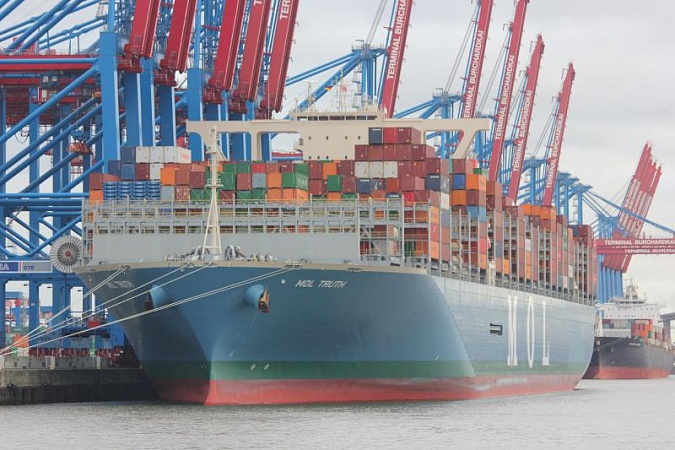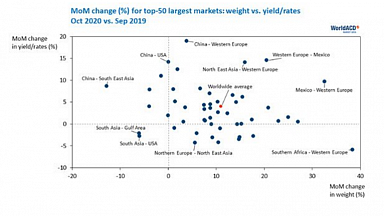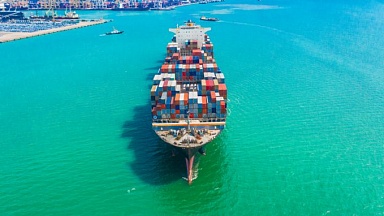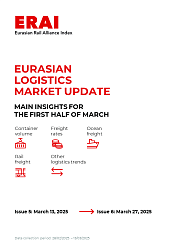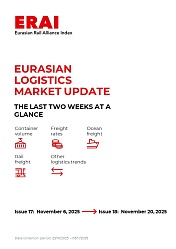In a customer briefing today, UK-based freight forwarder Metro Shipping highlighted to customers that “as we enter the traditional peak season for ocean and air freight, it is critical that you book your shipments at the earliest opportunity, which is why forecasting is a key component within the current market”.
It noted that the “early start of the sea freight peak season and its likely extension through 2021 – and possibly up to the Lunar New Year in 2022 – means the chance of current market rates softening significantly are slender, particularly as disruption in any region creates more congestion and delays, pressuring prices as shippers try to secure scarcer slots”.
Multiple freight and logistics sources have also indicated to Lloyd’s Loading List that they expect the current market rates to remain firm this year in ocean and air freight, with demand expected to continue to exceed the currently available constrained capacity in both modes.
Where cargo owners have the chance to ship, Metro noted that “many importers have already started to move Christmas orders, to get their goods in the warehouse early, or at least on time. However, this is coming with a premium to the budgeted cost.”
Other sources have noted that this tendency to order early for this peak season is already adding to the current squeeze on available freight capacity supply.
Early peak season
Metro added that “this Covid-driven phenomenon is contributing to the early peak season we are seeing and means a continuation of high freight rates, and increased demand as shippers struggle to find space for their cargoes, whether by ocean freight, air freight, rail or overland. And with the supply chain disruptions from the Suez Canal blockage and Yantian port partial-closure continuing to impact pricing and equipment availability, more incidents, accidents or disruptions will have disproportionate impacts.”
Metro noted that with global port and inland infrastructure “already at full capacity or exceeded, at many locations there is simply no possibility of handling more volume and the lines continue to struggle to recover equipment or even get a berthing window. It is easier for them to take a vessel out and blank a sailing, rather than operate all their vessels and add to the congestion. Many shipping lines are struggling to get their schedules realigned which has a significant impact on consistency and predictability of service.”
And it highlighted that the record-breaking rates being seen on the spot market are not expected to come down, as long as shippers are willing to pay premiums to secure space, in a restrained environment.
As highlighted yesterday in Lloyd’s Loading List Metro noted that even the biggest shippers (beneficial cargo owners – BCOs) and forwarders with contracted volumes are impacted, highlighting that “although contracts are being honoured by most carrier partners, there is limited to no flexibility on the volume side. In the worst cases, carriers are only honouring agreements for a percentage of the agreed volume, meaning further negotiation and alternative solutions need to be sought.”
While the very largest shippers, such as the supermarket retailers, will generally be secure, “even they will not get additional boxes moved against the tender rate”, Metro noted, while “smaller volume contract holders have been cut off by the lines and forced onto the spot market completely – alongside those shippers who held off contract negotiations this year in the hope that freight rates might fall after Chinese New Year in 2021. It did not happen.”
Metro added: “Both groups have been badly hit by higher rates in 2021 and will now be trying to guess what next year might offer. With no signs of the situation easing, contracts will be agreed in a sellers’ market, where the carriers have no inclination to negotiate, and are quite happy to push BCO’s into the FAK market and 1,000 boxes a year is now considered paltry.”
The company noted that “with strong demand for space and limited capacity likely to extend into next year, we encourage shippers with pending orders to contact us now, to get the most attractive options and protect their supply chain”.
